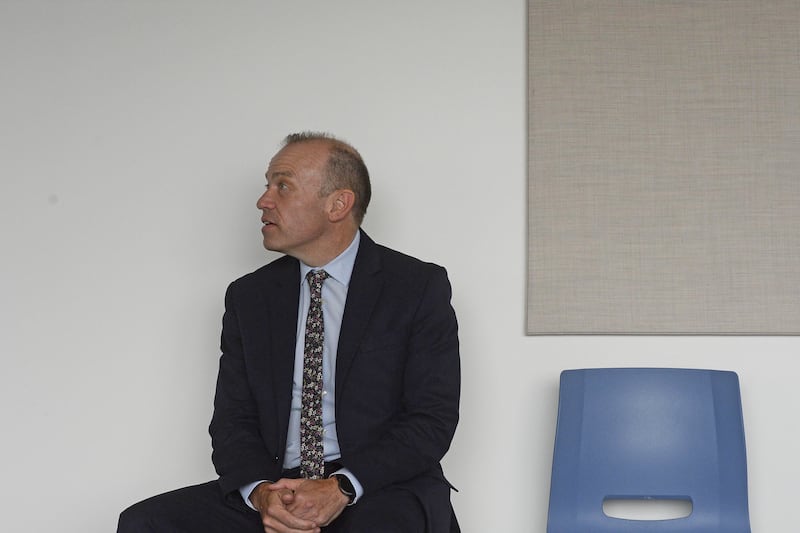AN Alliance Party delegation has met with the Ulster Farmers' Union to discuss the impact of Brexit on agriculture and food processing sectors and the potential way forward.
The delegation, which included Brexit spokesperson Stephen Farry and agriculture and environment spokesperson David Ford met with UFU president Barclay Bell and chief executive Wesley Aston last week and highlighted the importance of the UK remaining in both a European Customs Union and the Single Market.
“This is the only means to avoid distortions in trade and also allow new markets to be developed," Mr Farry said.
"Short of that, consideration should be given to the Northern Ireland solution of the region remaining within the Single Market, and the most advantageous trade arrangements put in place."
The Brexit spokesperson said there are "real dangers" for Northern Ireland if it is cut off from the European market.
"In particular, if the UK opts for unilateral trade liberalisation under WTO (World Trade Organisation) rules many aspects of the local agriculture would rapidly become no longer competitive or viable if faced with significant imports of food produced to lower standards."
"It is vital that we ensure that a key cornerstone of our economy is allowed to not just survive but flourish," Mr Farry said.
Mr Ford highlighted the importance of the agri-food sector to the local economy.
"It is the sector which is most vulnerable to Brexit, given the dependency on access to markets and trade, both within the UK and with other EU countries, and access to labour," he said.
"There are also major concerns about the future of support payments for agriculture and rural development."
"Agri-food processing is heavily integrated on an all-island basis, while the Great Britain market is particularly important in terms of sales. Agriculture is much more important in relative terms within our economy than the UK as whole, which reinforces the importance of a strong Northern Ireland voice in the search for solutions," he added.








